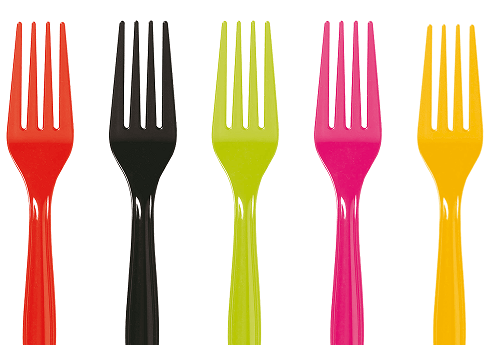Nobody can say that Denmark’s major supermarket chain owners aren’t evolving, increasingly innovating to remain at the forefront of their industry, as well as leading the way in promoting sustainability, organic food and a reduction in food waste.
Dominant players
Just last year, Coop (a 40 percent market share through Fakta, Kvickly, Irma and the Brugsen stores) announced a new local focus, and it was no surprise to see it top the 2018 Sustainable Brand Index. It already owns a bank, an investment arm and an advertising company, and last year it took the plunge into crowdfunding.
Dansk Supermarked (with a 34.9 percent market share through Netto, Føtex, Salling and Bilka) also had a busy 2017, announcing plans to transform the Wupti webshop into a one-stop shop to rival Amazon.
The days of just stacking shelves and expecting your customers to come are clearly long gone!
Losses and redundancies
This was no more evident when Fakta announced in late April that it is closing 47 branches by the end of May, making 900 employees redundant. The closures will reduce its overall number of stores to 359.
Fakta lost 18 million kroner last year – an improvement on a 124 million kroner deficit in 2016, but it’s not enough for its owner Coop.
Losses are common in the sector. German company Aldi, for example, lost 326 million kroner last year, taking its overall five-year loss figure to 1.35 billion kroner.
Just a few km
In such a difficult environment, thinking outside the box is essential – and in Dansk Supermarked’s case that can mean just outside the country (kind of).
It is currently proposing a new strategy to stop the practice of driving to Germany to stock up on cheap booze and soft drinks.
According to its chief executive, Per Bank, bargain hunters could instead head to a border-trading zone in southern Denmark that would be exempt from VAT and a number of other taxes – “just by moving everything a couple of kilometres”,
However, the tax minister, Karsten Lauritzen, believes such zones generate “more problems than they solve”.
Føtex going plastic
In related news, Føtex has confirmed it will no longer sell plastic cups, plates or straws, and instead offer sustainable tems made from degradable materials.
Føtex, which annually sells about 25 million plastic service items, is the first chain in Denmark to drop plastic in an effort to combat litter and help nature.














